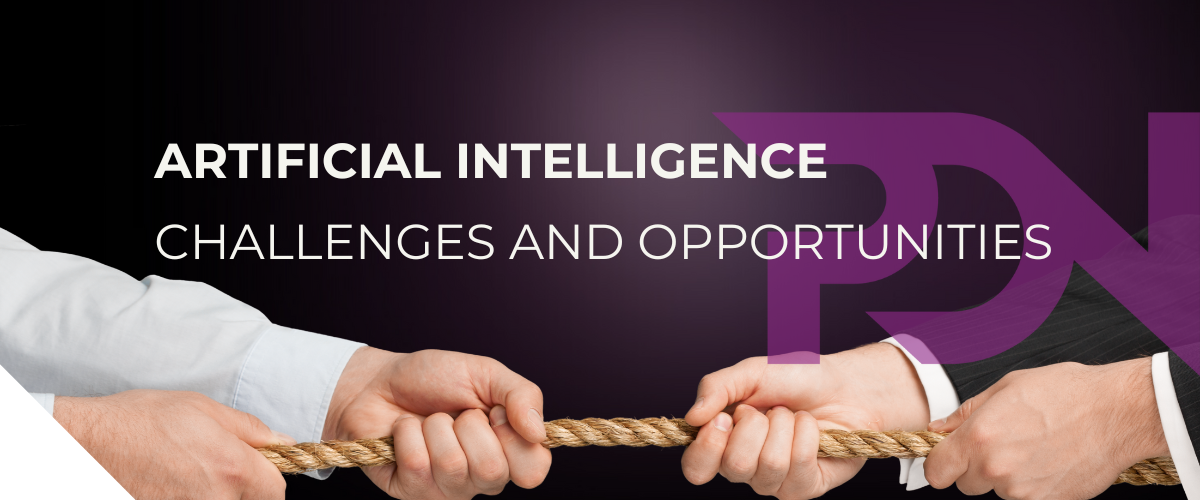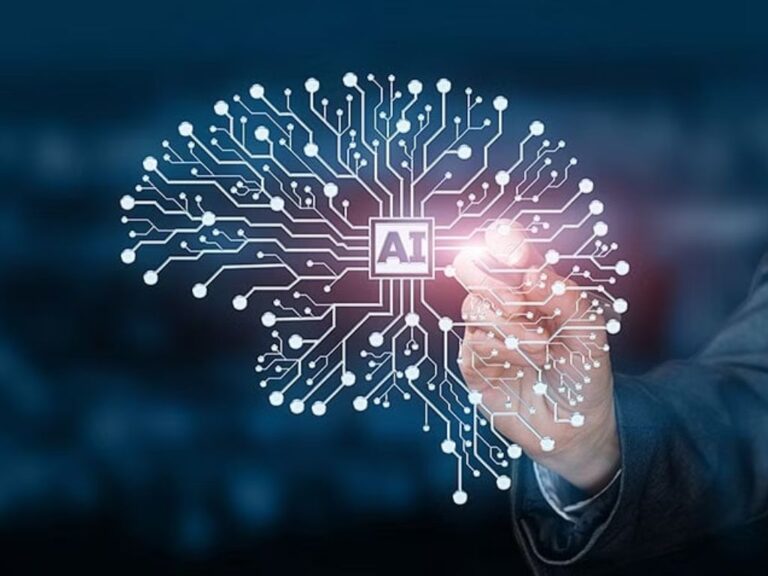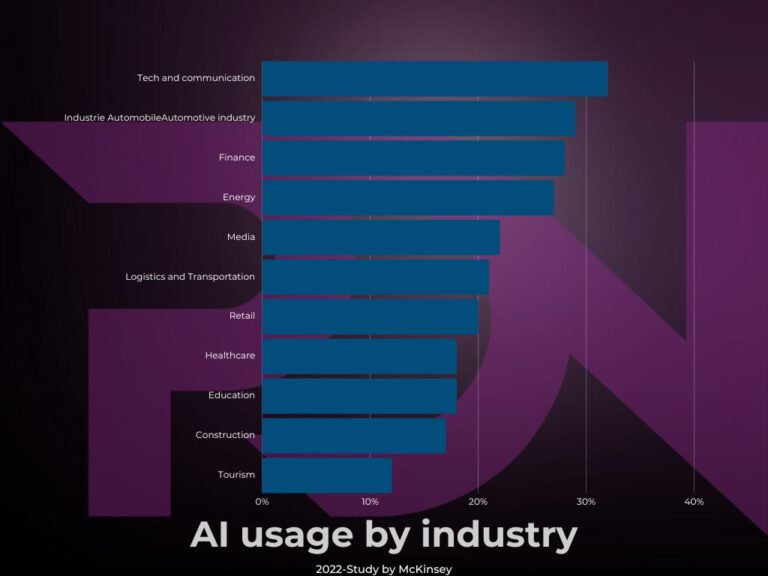Moreover, AI’s ability to process and analyze vast quantities of data can be exploited to tackle complex problems that have long eluded human understanding, such as decoding the human brain or solving the mysteries of the universe.
For example, AI-driven climate modeling could help solve some of the problems associated with climate change; introducing AI into education could enable personalized learning experiences and make education more accessible to those living in remote or underserved areas; in the medical field, AI is already helping to refine certain diagnoses. The applications are therefore numerous, and not all are yet known and exploited.
What’s more, AI’s ability to process and analyze vast quantities of data can be exploited to tackle complex problems that have long eluded human understanding, such as decoding the human brain or helping to solve some of the mysteries of the universe.
It is therefore vital that we continue to invest in research and development, ensuring that AI’s potential is harnessed responsibly and ethically to tackle global challenges and build a better world together for all.
These are exciting times for AI, and the possibilities are endless. The new challenges and ethical dilemmas that arise can make it possible, if a collaborative environment is fostered between researchers companies and policymakers, for the evolution of AI to be guided by a collective vision that prioritizes the betterment of society and the well-being of all.
The evolution of AI bears witness to the power of human ingenuity and our relentless quest for knowledge. As it develops, AI can redefine the way we live, work and interact with the world around us. Seizing the opportunities that AI offers while addressing the challenges it poses will be key to a future where AI serves as a force for good, fostering progress and prosperity for generations to come.
However, this will only happen if an international consensus and agreements between Big Tech companies, research centers and states is found.







